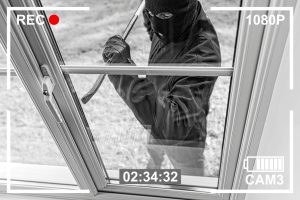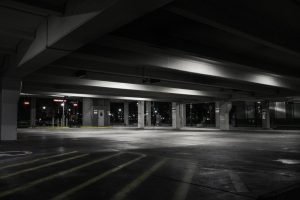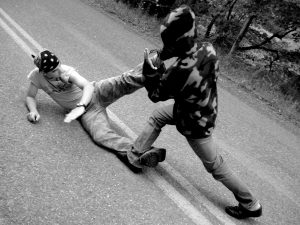In Florida, property owners have a legal responsibility to keep their properties reasonably safe, and to warn visitors of any dangerous conditions. This duty, which falls under the umbrella of premises liability law, is applicable to hazards about which the owner knows (or reasonably should know), but which a visitor couldn’t have discovered using reasonable care.
Defendant property owners can sometimes win these types of cases by raising the “open and obvious” defense. This defense asserts that the danger was so open and obvious there was no need to warn guests of it.
As our Palm Beach injury lawyers can explain, though, this is not a complete defense. That is, a property owner isn’t going to win their case solely based on the fact that the danger was open and obvious. Rather, it’s considered a factor in deciding who is at fault. In Florida, plaintiffs may share a percentage of the fault (referred to as comparative fault) and still collect a percentage of the damages.
Recently in the case of Pratus v. Marzucco’s Construction & Coatings, Inc., an employee of an electrical subcontractor was hurt when stepping into an uncovered drain at a South Florida construction site. He conceded he’d seen the drain uncovered numerous times at work, but argued the general contractor was still liable for the dangerous condition on site. A trial court granted summary judgment to the defendant general contractor, on the grounds that the dangerous condition was open and obvious. But in its reversal, the Florida 2nd District Court of Appeal underscored two significant points:
- It is the danger, not the condition, that is obvious to the visitor. You might be aware that a dangerous condition exists on site, but you might mistakenly (and reasonably) think the landowner put some safeguards in place to protect against the danger. In the case recently before the 2nd DCA, the drain in question was covered and uncovered at various times. Sometimes the door that led to it was marked with caution tape. On the day of the incident, there was no tape over the door, despite the fact that the drain was uncovered that day.
- Owners have a legal responsibility to anticipate the actions of those who enter the property. That’s not to say they need a crystal ball, but they need to consider the potential actions of reasonable and prudent persons on site. Construction sites can have SO many dangers. Those working at the site might need to get to a certain location, but the path they took, with its inherent dangers, may be the only option. In that case, even if they knew about the risk and it was open and obvious, they might be partially excused for failing to avoid it.
The bottom line is that where a property owner expects or should have known that a danger – however open or obvious – might pose a realistic threat to invitees, the jury can still hold the property owner responsible, even if the visitor/plaintiff shares some of the blame too. This is especially true if there is evidence of negligence per se, which would involve violation of a health or safety statute. Continue reading

 South Florida Injury Lawyer Blog
South Florida Injury Lawyer Blog






